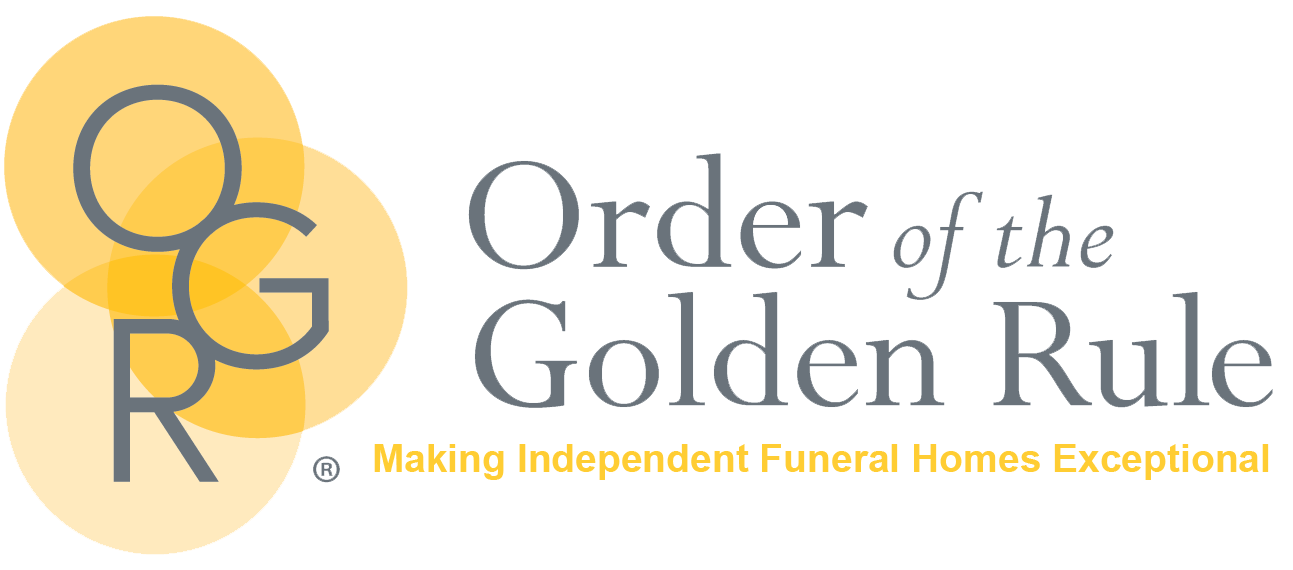Learning to Grieve on Social Media
Whether publicly or via intimate messages, people’s Facebook interactions with the dead mimic the grieving rituals we’ve held throughout time.
In Mexico, families honor their departed ancestors by leaving marigolds, baked goods and favorite possessions of the dead on altars. Similar to this Dia de los Muertos, Facebook users share cherished memories and stories, post favorite photos, inside jokes and “gifts” on their late loved ones’ Facebook timelines.
“People have built cemeteries and monuments in remembrance for as long as we’ve existed. Now those memories are digital,” says Margaret Carpo. Her friend died in a car accident in the Philippines in 2009, but her family continues to keep her Facebook Timeline active.
Western society especially presumes that individuals can overcome grief by emotionally detaching themselves from the deceased, says cyberanthropology expert Michaelanne Dye. “However, in the past 20 years, researchers have begun to explore the healthy benefits of maintaining a tie to the deceased… Considering this, Facebook appears to be a natural way for people to work through grief over the loss of a loved one.”
Dye also points to an evolving practice of identity construction, which makes dealing with grief in the Facebook era all that more nuanced. Today, identities are are co-constructed through social media interactions. “Therefore, the deceased’s online identity not only continues in the virtual space; it can also evolve and adapt as others continue to interact with the dead person’s profile,” says Dye.
Some of those interactions, however, infuriated Dunham as she returned to interact with her dead partner’s Facebook profile. She diagnosed some of Cheryl’s Facebook friends with what she calls “social necrophilia,” the eager scramble to prove one maintained a close connection with the deceased.
“Everyone always wants to pretend they knew the dead person better than they do,” says Dunham. “For example, one person wrote, ‘You’re drinking champagne in heaven with my grandfather right now.’ This was ludicrous: Cheryl was a staunch atheist and she had 10 years sober, which was something she wrote about a lot.”
Andrew Ross lost his wife Debra to cancer two years and eight months ago. He feels that Debra’s Facebook friends seem detached from sincere grief.
“Most Facebook friends are pretty shallow,” he says. “There is not the depth of true emotions such as one would get in a real relationship. A lot of people respond in an overly emotional manner that seems to play on showing others how deeply they feel, whether it is true or not. It mostly strikes me as false and unpleasant. I got no comfort from the experience.”
Ross has mixed feelings about maintaining Debra’s Facebook profile and permanently deleting her presence there altogether. “At some point I feel her page should be deleted permanently. She is gone and it should be too,” he says.
Social media etiquette surrounding death is a delicate and highly subjective construct. What one person views as good judgment could translate as incredibly poor taste or downright offensive to others.
Julie Spira authored The Rules of Netiquette: How to Mind Your Digital Manners, wherein she talks about how to approach the “social media obituary.” In an email interview with Mashable, she praises people who honor the dead by celebrating that person’s memories and accomplishments on Facebook. However, she has also encountered instances she believes exemplify shockingly poor taste: “When a woman posted a photo of her newly deceased husband just prior to the ambulance arriving to take him to the morgue. It was grotesque and made many people uncomfortable.”
By this point, many people have learned that their friends and family have very different ideas of what constitutes “normal” grieving — especially when someone takes his or her grief public on social networks.
For many, grieving through social media is more comfortable than real-life interactions, which is why some people encounter what they translate as odd or callous behavior from fellow users. Dye adds, “Facebook provides a way for people to grieve publicly and receive feedback and support from others, while not forcing them to endure these painful interactions face-to-face, which, for some, might be an easier and healthier way for them to work through their grief.
“In the physical world, methods of mourning vary across cultures, as well as among individuals within the same culture. This also holds true in the online world.”
Grief therapist Lisa Leonard adds that grief varies wildly for each individual, and that it usually doesn’t progress orderly, like steps in a staircase. That being said, she can clearly identify the stages of grief (denial, anger, bargaining, depression and acceptance) in her friends’ Facebook behavior.
But Leonard believes that social media can actually ease the process for some. “Being able to access the lost one’s profile after death is beneficial,” she says. “It allows a connection to others who loved him or her, a source of memories and humor to share and an opportunity to say ‘goodbye’ or ‘I’m missing you’ in a way that can soften the blow and move the healing along.”




